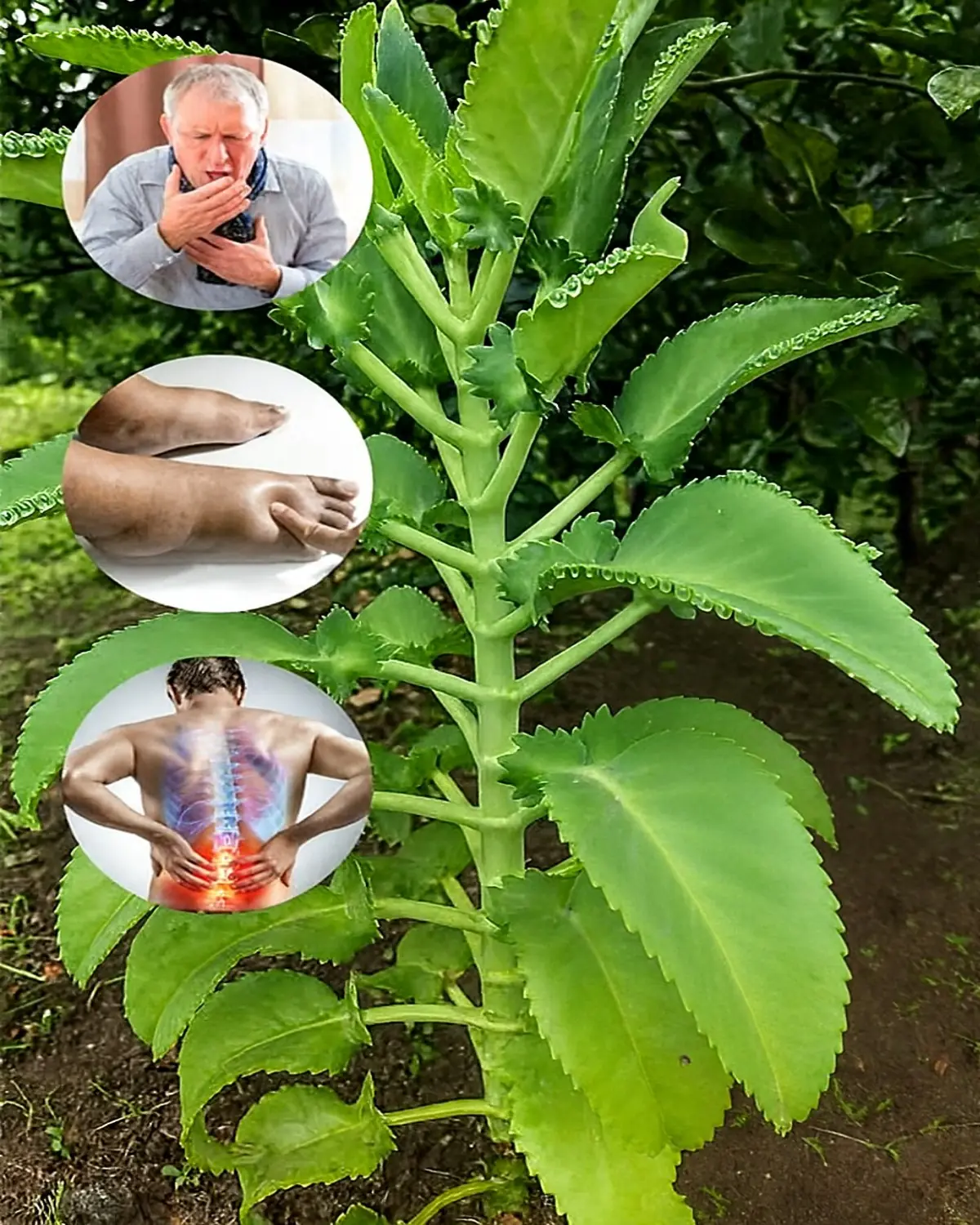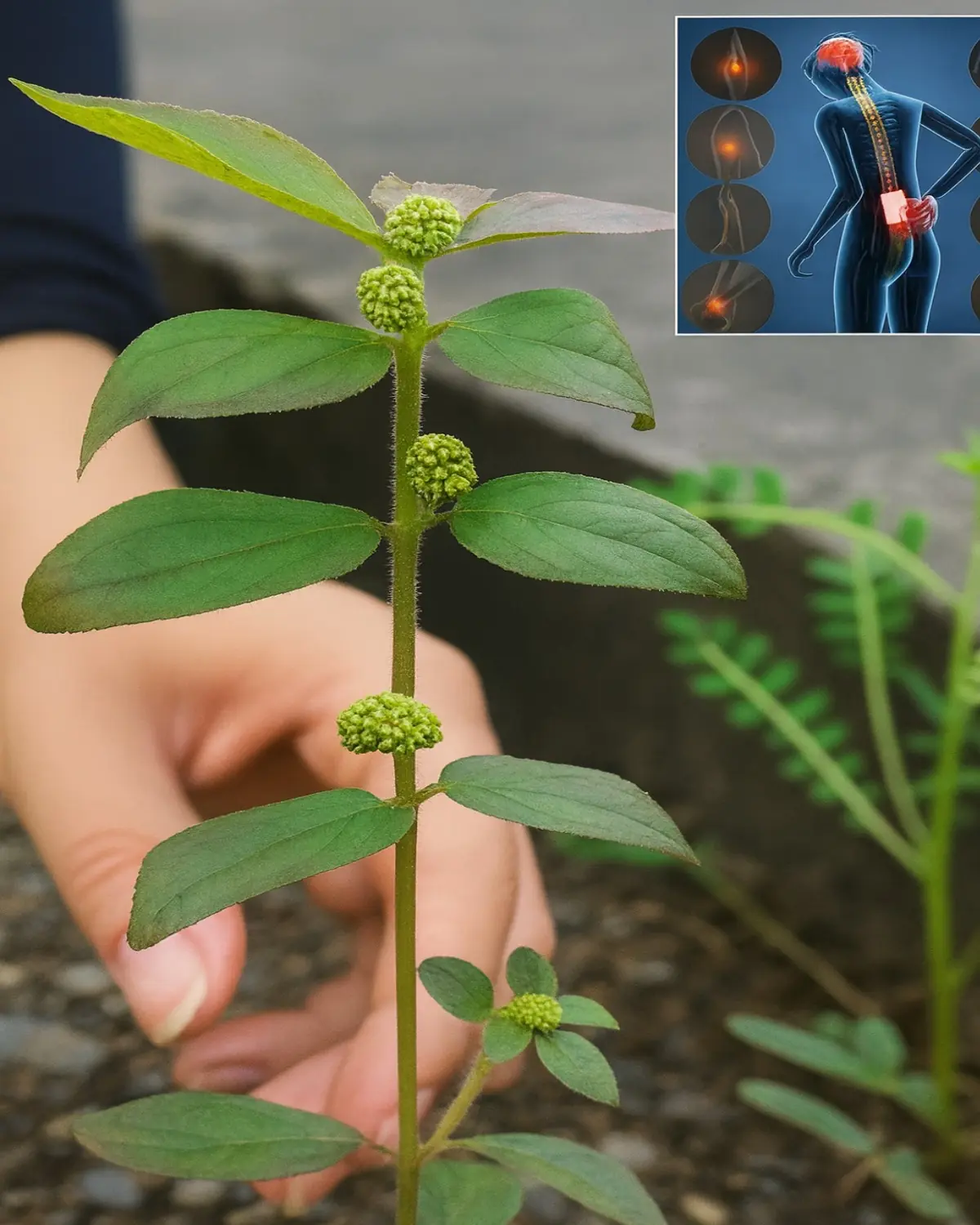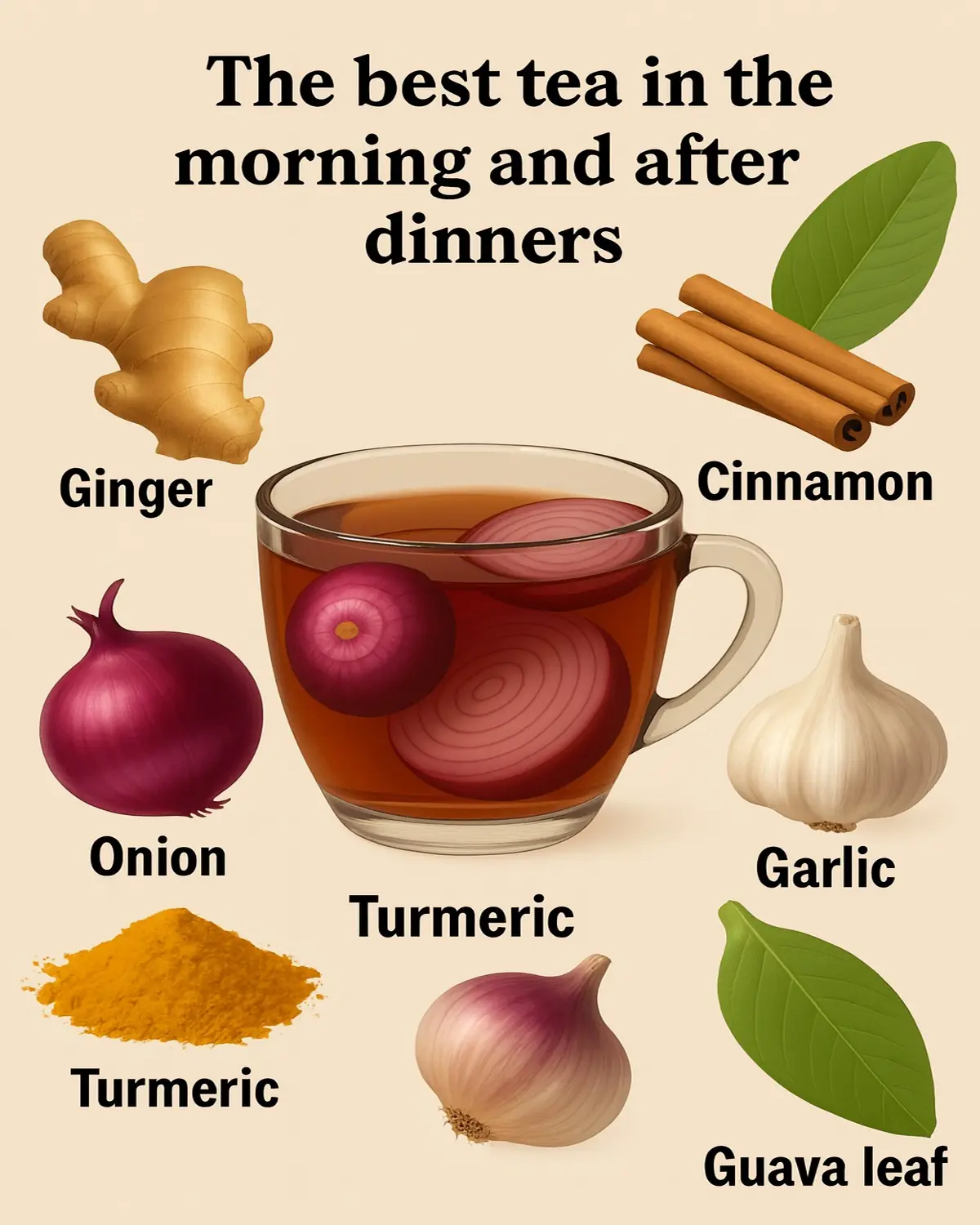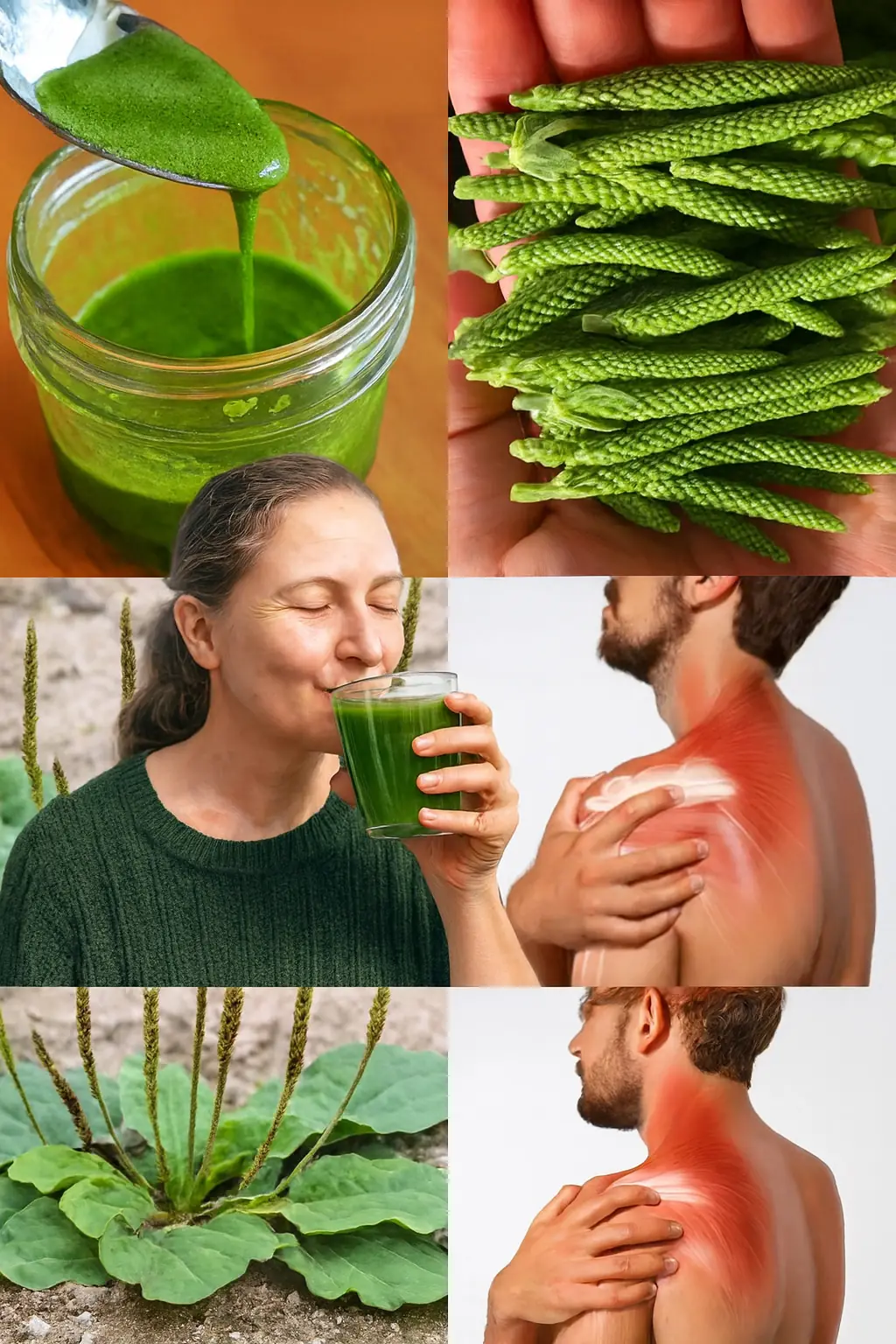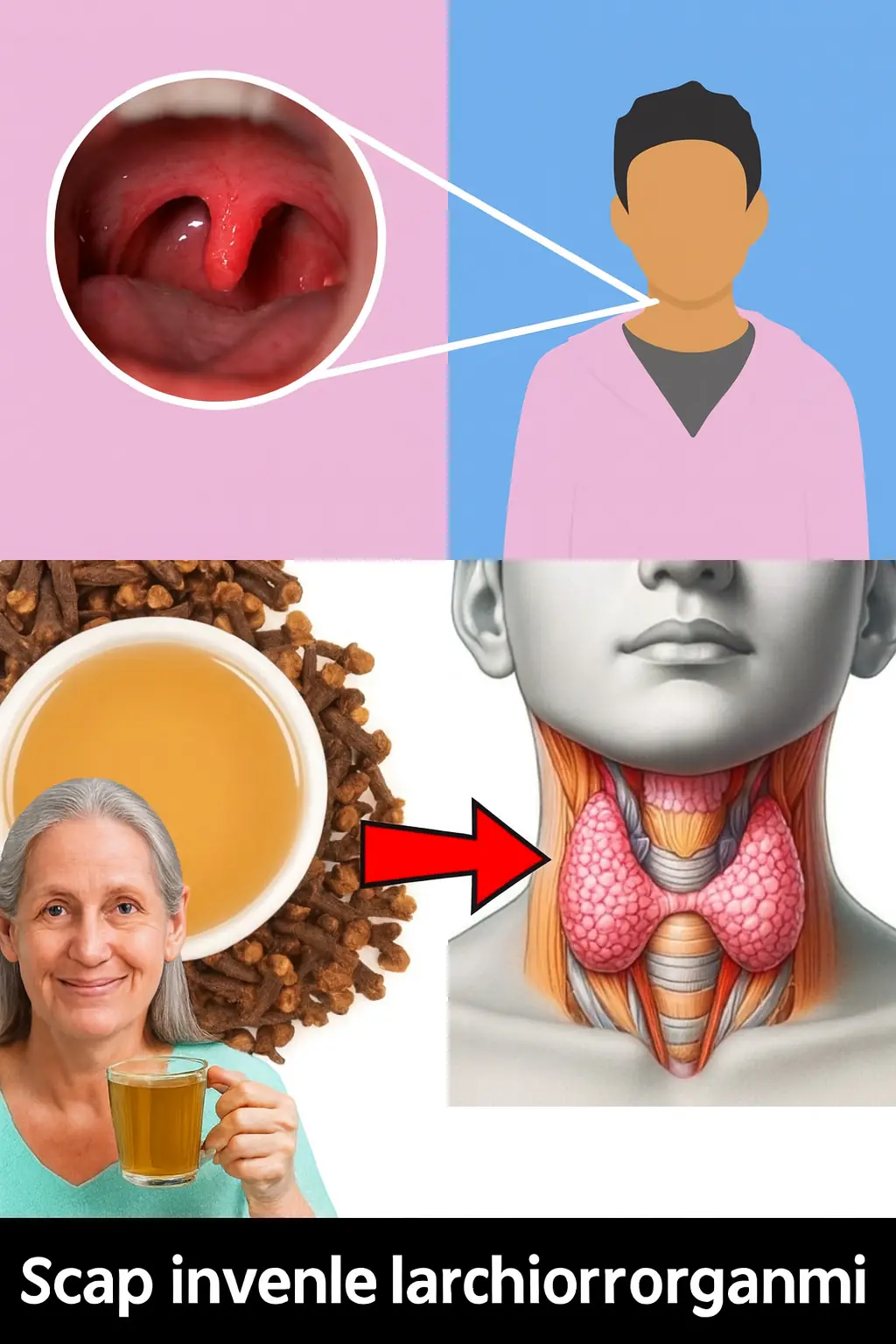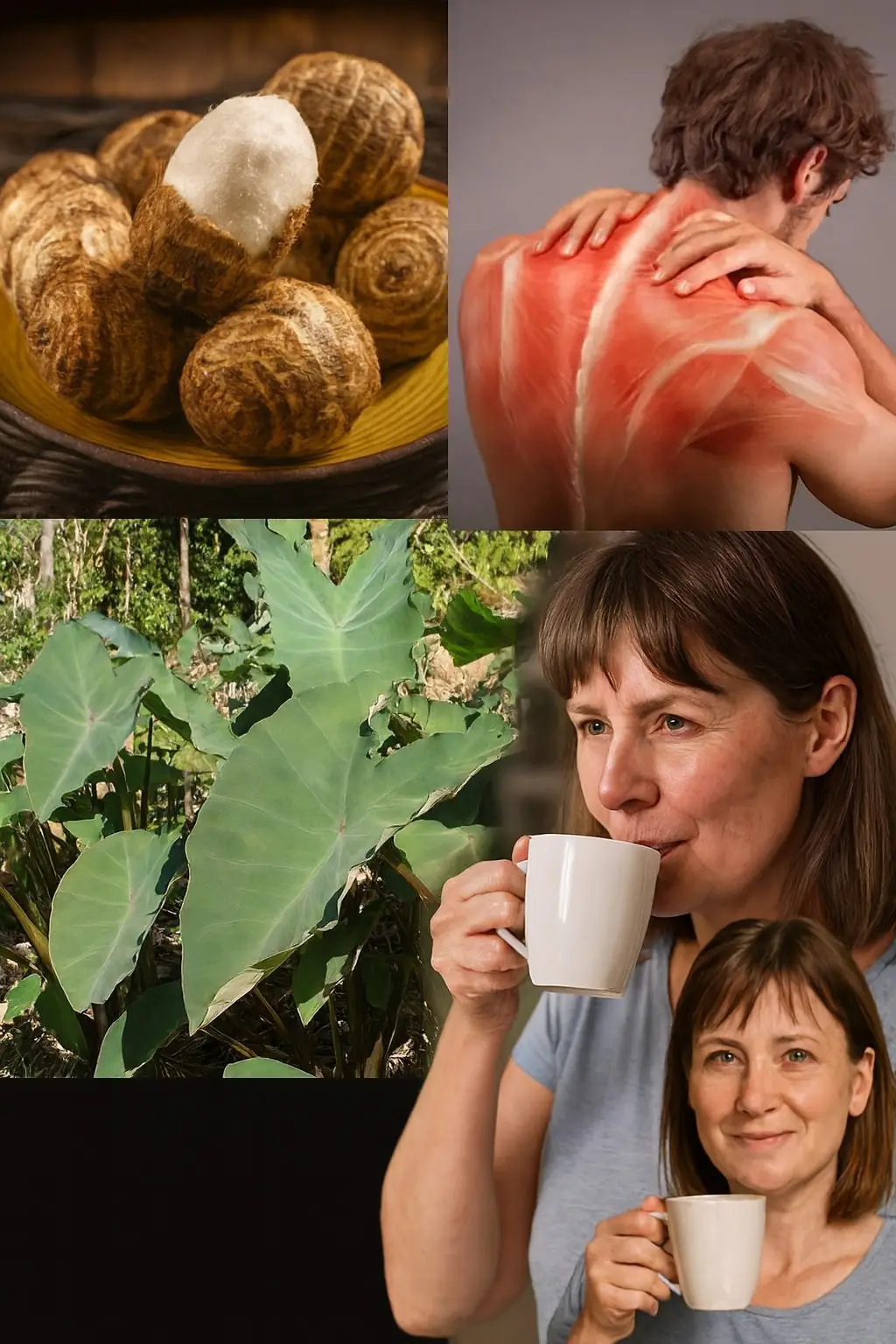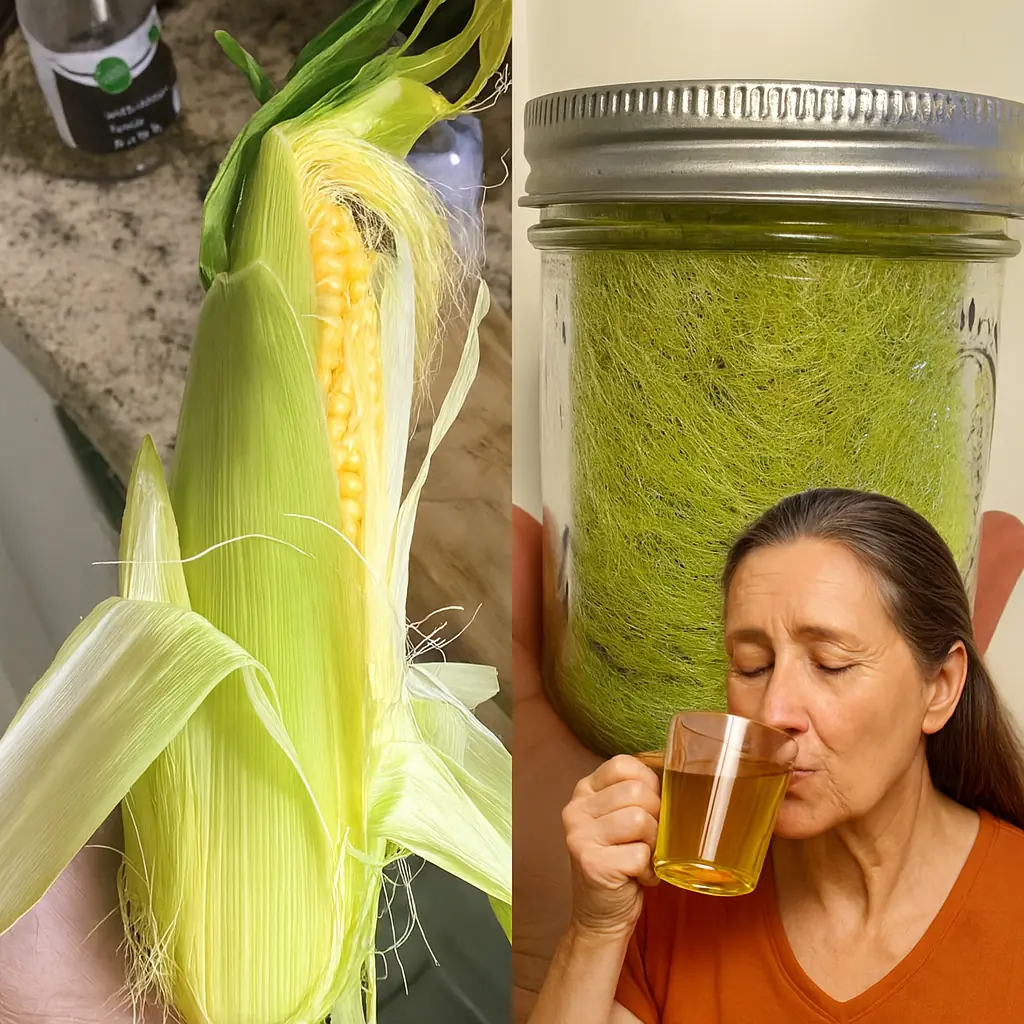
Imagine stumbling across a plant with stunning trumpet-shaped flowers, its delicate white or purple petals glowing under the moonlight. It whispers promises of ancient remedies, from soothing asthma to easing pain, yet hides a chilling truth: Datura stramonium, known as jimsonweed or devil’s trumpet, is as perilous as it is captivating. This plant has been revered for centuries in traditional medicine, yet it’s also responsible for thousands of poisonings, including over 2,700 deaths in India between 1950 and 1965. Packed with potent compounds like atropine and scopolamine, Datura offers remarkable benefits but demands respect for its deadly potential. Is it a healer or a hazard? This article dives deep into five surprising benefits of Datura stramonium, grounded in science, alongside critical risks to keep you safe. Whether you’re a curious gardener, an herbal enthusiast, or simply intrigued by nature’s paradoxes, you’ll uncover practical insights to navigate this enigmatic plant.
🌱 What Is Datura Stramonium? A Plant of Beauty and Betrayal
Datura stramonium, a member of the Solanaceae family, is a wild-growing annual that thrives in temperate and tropical climates worldwide, from North American fields to Asian roadsides. Often called thorn apple, jimsonweed, or devil’s trumpet, it’s easily recognized by its large, toothed leaves, trumpet-shaped flowers, and spiky seed pods bursting with black, kidney-shaped seeds. Its allure lies in its striking appearance and historical use in Ayurvedic medicine, Native American rituals, and even medieval European witchcraft, where it was prized for its sedative and hallucinogenic effects.
But here’s the catch: every part of the plant—leaves, seeds, flowers, and roots—contains tropane alkaloids (atropine, scopolamine, and hyoscyamine), which are both medicinal and highly toxic. These compounds make Datura a double-edged sword, offering potential health benefits but posing severe risks if mishandled. Understanding its dual nature is essential before considering any interaction with this plant.
🌟 5 Unexpected Benefits of Datura Stramonium: Healing with Caution
Despite its notorious reputation, Datura stramonium has been studied for its pharmacological potential, revealing benefits that, when used under strict professional supervision, can be remarkable. Here are five science-backed benefits that highlight its medicinal allure:
1. 🌬️ Asthma and Respiratory Relief
Datura’s alkaloids, particularly scopolamine, act as bronchodilators, relaxing airway muscles to ease breathing. In the 19th century, smoking dried Datura leaves was a common asthma remedy, as noted by physician Henry Hyde Salter. A 1979 study in Thorax confirmed its ability to open airways, though modern inhalers have largely replaced it due to safety concerns. Still, in controlled settings, Datura’s respiratory benefits are undeniable.
Safe Use Tip: Only use under medical supervision, as improper dosing can trigger severe side effects like hallucinations or heart complications.
2. 💪 Pain Relief and Muscle Relaxation
The alkaloid hyoscyamine gives Datura its analgesic and antispasmodic properties, making it a traditional remedy for joint pain, muscle spasms, and menstrual cramps. A 2012 study in the Asian Pacific Journal of Tropical Biomedicine found that Datura extracts could reduce pain and relax muscles, suggesting potential for topical applications in controlled environments.
Safe Use Tip: Topical use may be safer than ingestion, but always consult an expert to avoid toxic absorption through the skin.
3. 🦠 Antimicrobial and Anti-inflammatory Power
Datura stramonium shows promise in fighting infections. A 2021 study in Antioxidants revealed that its ethanolic leaf extracts were effective against pathogens like Staphylococcus aureus and Pseudomonas aeruginosa. Its anti-inflammatory properties also make it a candidate for treating conditions like rheumatism or swelling, as documented in traditional practices in India and Ethiopia.
Safe Use Tip: Antimicrobial effects are best harnessed in lab-controlled pharmaceutical preparations—never attempt self-treatment.
4. 🩺 Skin Healing and Infection Control
In traditional medicine, Datura has been used topically to treat wounds, ulcers, and skin infections. Ethnobotanical studies, particularly in India, describe remedies like Datura leaf juice mixed with sesame oil to soothe earaches or boils. Its antimicrobial and anti-inflammatory compounds support healing when applied correctly.
Safe Use Tip: Use only under professional guidance to prevent skin absorption of toxic alkaloids, which can cause systemic poisoning.
5. 😴 Sedative and Anxiety Relief
Datura’s anticholinergic alkaloids have sedative properties, historically used to induce sleep or reduce anxiety. A 2021 study in PMC found that low doses of Datura metel seed extracts reduced sleep latency in rats, suggesting potential neurological benefits. However, its narrow therapeutic window makes it a risky choice for sedation.
Safe Use Tip: Safer alternatives like chamomile or valerian are recommended for sleep and anxiety support due to Datura’s unpredictable potency.
Benefit Key Compound Potential Use Source
Asthma Relief Scopolamine Bronchodilator Thorax, 1979
Pain Relief Hyoscyamine Analgesic, antispasmodic Asian Pac J Trop Biomed, 2012
Antimicrobial Alkaloids, flavonoids Fights bacteria, fungi Antioxidants, 2021
Skin Healing Alkaloids Treats wounds, infections Ethnobotanical studies
Sedative Scopolamine Induces sleep, reduces anxiety PMC, 2021
⚠️ The Dark Side: Critical Risks of Datura Stramonium
Datura stramonium is no ordinary herb—it’s a high-risk plant with a history of causing severe harm. Its tropane alkaloids can trigger anticholinergic syndrome, a dangerous condition with symptoms ranging from uncomfortable to fatal. A 2017 case report in PMC described a 22-year-old who fell into a coma after ingesting Datura seeds, suffering fever, tachycardia, and delirium. Here are the key risks you need to know:
🧠 Hallucinations and Delirium: Datura’s psychoactive effects induce vivid, often terrifying hallucinations that feel indistinguishable from reality. A 2023 Tripsitter article described the experience as a “72-hour psychedelic nightmare,” with users losing touch with reality.
🚨 Anticholinergic Syndrome: Symptoms include dry mouth, blurred vision, rapid heartbeat, fever, and seizures. Severe cases can lead to coma or death, as seen in historical poisonings.
🫀 Organ Damage: A 2011 study on rats showed high doses caused damage to the liver, spleen, and brain, highlighting long-term risks.
👶 Accidental Poisoning: A 2024 case in the International Journal of Emergency Medicine reported a toddler poisoned by Datura seeds, emphasizing the danger to children who may mistake them for edible seeds.
💊 Drug Interactions: Datura can dangerously interact with medications affecting the heart or nervous system, amplifying risks for those on such treatments.
The plant’s toxicity varies widely—by plant part, season, and even individual plant—making safe dosing nearly impossible without expert oversight. The seeds are the most toxic, containing up to 0.1 mg of atropine per seed, enough to cause serious harm in small amounts.
🛡️ Safe Use Guidelines: Handle with Extreme Caution
Datura stramonium is not safe for casual use. Its benefits are only accessible under strict professional supervision due to its unpredictable potency. Follow these critical guidelines to stay safe:
🚫 Never Self-Treat: Always consult a qualified healthcare provider or herbalist before any use. Self-administration is a recipe for disaster.
🍵 Avoid Ingestion: Teas, seeds, or other oral preparations are highly dangerous due to variable alkaloid levels. Even small amounts can be lethal.
🧤 Use Protective Gear: Wear gloves when handling Datura to prevent skin absorption of toxins, which can cause irritation or systemic effects.
🔒 Store Securely: Keep Datura plants or products out of reach of children and pets, who are especially vulnerable to poisoning.
🌿 Choose Safer Alternatives: For asthma, pain, or sleep issues, opt for well-studied options like inhalers, ibuprofen, or chamomile, which pose far less risk.
🚨 Know Poisoning Signs: Watch for dry mouth, dilated pupils, confusion, or rapid heartbeat. If suspected, seek immediate medical help with treatments like activated charcoal or physostigmine.
🚫 Who Should Steer Clear of Datura Stramonium?
Certain groups face heightened risks from Datura’s toxic effects and should avoid it entirely:
🤰 Pregnant or Breastfeeding Women: Alkaloids may harm the fetus or infant, potentially causing developmental issues.
❤️ People with Heart Conditions: Datura can trigger tachycardia or arrhythmias, posing life-threatening risks.
👁️ Those with Glaucoma: Its pupil-dilating effects can worsen narrow-angle glaucoma, leading to vision damage.
🧠 Individuals with Psychiatric Disorders: Datura can exacerbate psychosis or anxiety, triggering severe mental disturbances.
👧 Children: Even tiny amounts can be lethal, as seen in pediatric poisoning cases.
😱 Real-Life Warning: A Family’s Brush with Death
In 2020, a family in India unknowingly consumed Datura seeds mistaken for spices in their meal. As reported in Current Health Sciences Journal, all members suffered hallucinations, confusion, and rapid heartbeats within hours. Quick medical intervention with activated charcoal and supportive care saved their lives, but their ordeal serves as a stark reminder of Datura’s dangers. This case underscores the need for vigilance, especially in regions where Datura grows wild and can contaminate food supplies.
🌿 Exploring Herbal Remedies Safely: Tips to Protect Yourself
Datura’s mystique draws many to its potential, but its risks make it a poor choice for most. To safely explore herbal remedies, follow these steps:
🔍 Research Thoroughly: Stick to well-documented herbs with established safety profiles, like ginger or turmeric.
🩺 Consult Experts: Work with a doctor or certified herbalist to ensure safe use of any new remedy.
🥄 Start Small: Test new herbs in low doses under supervision to monitor for adverse reactions.
👀 Monitor Your Body: Stop use and seek help if you notice symptoms like dizziness, nausea, or confusion.
📢 Educate Others: Share knowledge about toxic plants like Datura to prevent accidental poisonings in your community.
❓ FAQ: Your Burning Questions About Datura Stramonium
Can Datura stramonium be used safely for medicinal purposes?
Only under strict medical supervision. Its toxic alkaloids make self-administration extremely dangerous due to unpredictable potency.
What are the main benefits of Datura stramonium?
It may help with asthma, pain, infections, skin conditions, and sleep, but only in controlled, professional settings.
What are the signs of Datura poisoning?
Look for dry mouth, dilated pupils, hallucinations, confusion, rapid heartbeat, and seizures. Seek emergency care immediately.
Is Datura legal to grow or use?
It’s legal in most places, including the U.S., but banned for non-medical use in some areas like California. Always check local regulations.
Are there safer alternatives to Datura?
Yes, herbs like chamomile, turmeric, or ginger offer similar benefits with significantly lower risks.
🌟 Final Thoughts: Admire, Don’t Experiment
Datura stramonium is a plant of paradoxes—beautiful yet deadly, healing yet hazardous. Its five surprising benefits—from asthma relief to antimicrobial power—showcase its potential, but its severe risks, including hallucinations, organ damage, and even death, demand extreme caution. Unless you’re a trained professional, Datura is best left untouched, admired from a distance for its haunting beauty. By choosing safer alternatives and staying informed, you can explore nature’s remedies without risking your health. Share this knowledge to keep others safe, and let Datura remain a fascinating enigma rather than a dangerous temptation.
